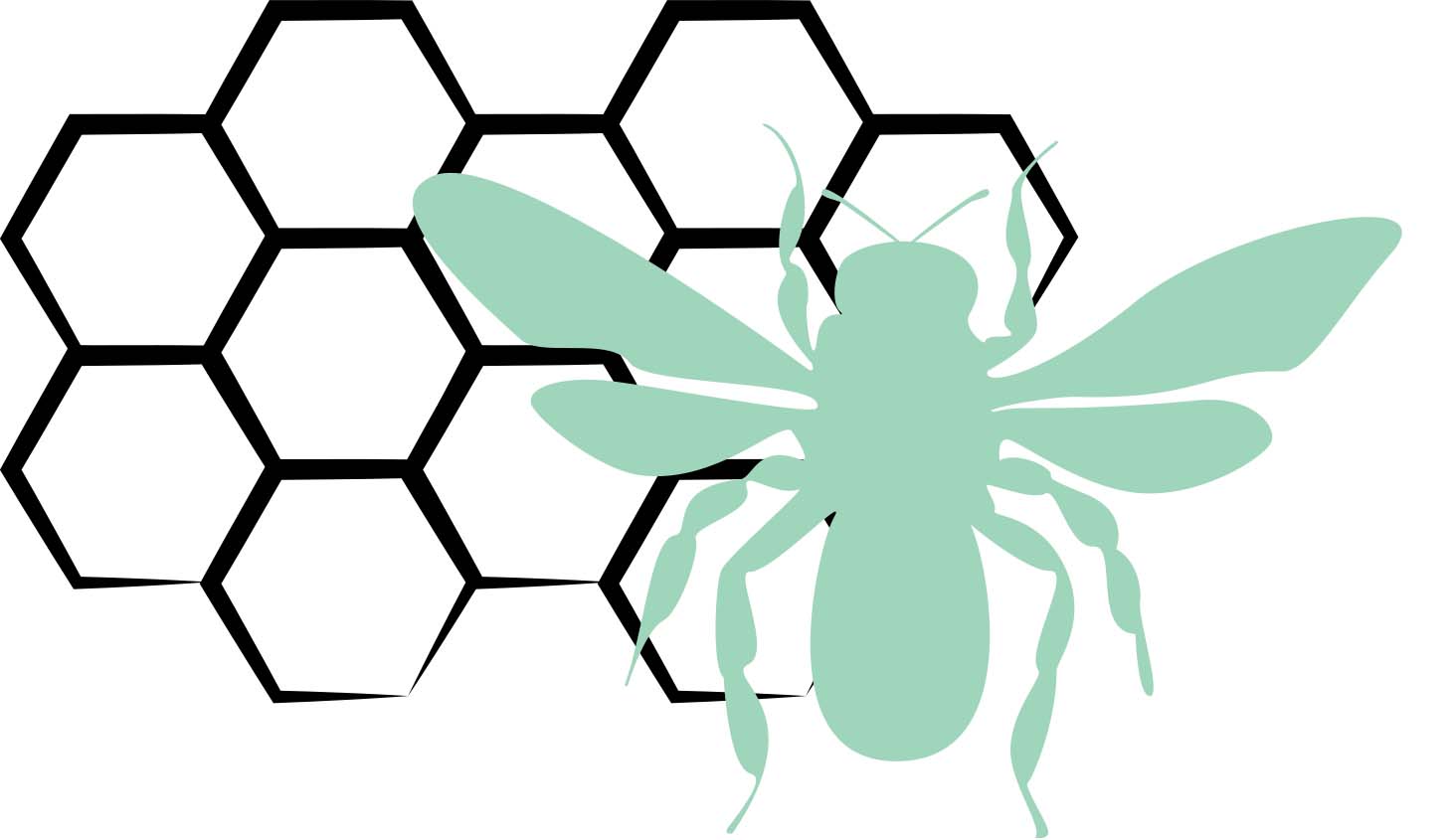Newswire: Bee-ing the Difference
The Beeinformed Partnership, sponsored by the USDA and the National Institute of Food and Agriculture, reported that, on average, US Beekeepers lost 45.1 percent of their
colonies this past winter. The issue raised by the honeybees’ disappearance isn’t just a lack of honey. According to National Geographic, the world is facing an unprecedented pollination crisis, in which honeybees play a huge part.
Understandably, the AU Beekeeping Society is excited to install new bees in their apiary this spring.
The race to save honeybees and the initiative to go green, has taken flight here at American University. Founded in 2011, the AU Beekeeping Society is headed by faculty advisor Professor Eve Bratman of the School of International Service and is currently based in MGC. The AU Beekeeping Society is one of several urban beekeeping communities in the DC area. George Washington University has an apiary and a bee lab and the University of the District of Columbia hosted an introductory beekeeping course this semester sponsored by the Northern Virginia Beekeeping Consortium. SIS Senior Lauren Dryburgh, vice president of the beekeeping society, says that AU does not currently have much of a rapport with its fellow beekeeping communities in the District, but upcoming events planned among the universities have the future buzzing with bright prospects.
At a general interest meeting, Professor Bratman compared the multitude of options in beekeeping technique and equipment to a “choose your own adventure.” With the honeybees’ future at stake, and the opportunity to practice urban beekeeping in a nationally recognized arboretum, the AU Beekeeping Society welcomes all “newbees” interested in or passionate about developing the skill of urban beekeeping. The AU Beekeeping Society offers a unique way to participate in the environmental initiative that not only cultivates a personal relationship with nature but also presents the opportunity to draw a sweet reward.
colonies this past winter. The issue raised by the honeybees’ disappearance isn’t just a lack of honey. According to National Geographic, the world is facing an unprecedented pollination crisis, in which honeybees play a huge part.
Understandably, the AU Beekeeping Society is excited to install new bees in their apiary this spring.
The race to save honeybees and the initiative to go green, has taken flight here at American University. Founded in 2011, the AU Beekeeping Society is headed by faculty advisor Professor Eve Bratman of the School of International Service and is currently based in MGC. The AU Beekeeping Society is one of several urban beekeeping communities in the DC area. George Washington University has an apiary and a bee lab and the University of the District of Columbia hosted an introductory beekeeping course this semester sponsored by the Northern Virginia Beekeeping Consortium. SIS Senior Lauren Dryburgh, vice president of the beekeeping society, says that AU does not currently have much of a rapport with its fellow beekeeping communities in the District, but upcoming events planned among the universities have the future buzzing with bright prospects.
At a general interest meeting, Professor Bratman compared the multitude of options in beekeeping technique and equipment to a “choose your own adventure.” With the honeybees’ future at stake, and the opportunity to practice urban beekeeping in a nationally recognized arboretum, the AU Beekeeping Society welcomes all “newbees” interested in or passionate about developing the skill of urban beekeeping. The AU Beekeeping Society offers a unique way to participate in the environmental initiative that not only cultivates a personal relationship with nature but also presents the opportunity to draw a sweet reward.







